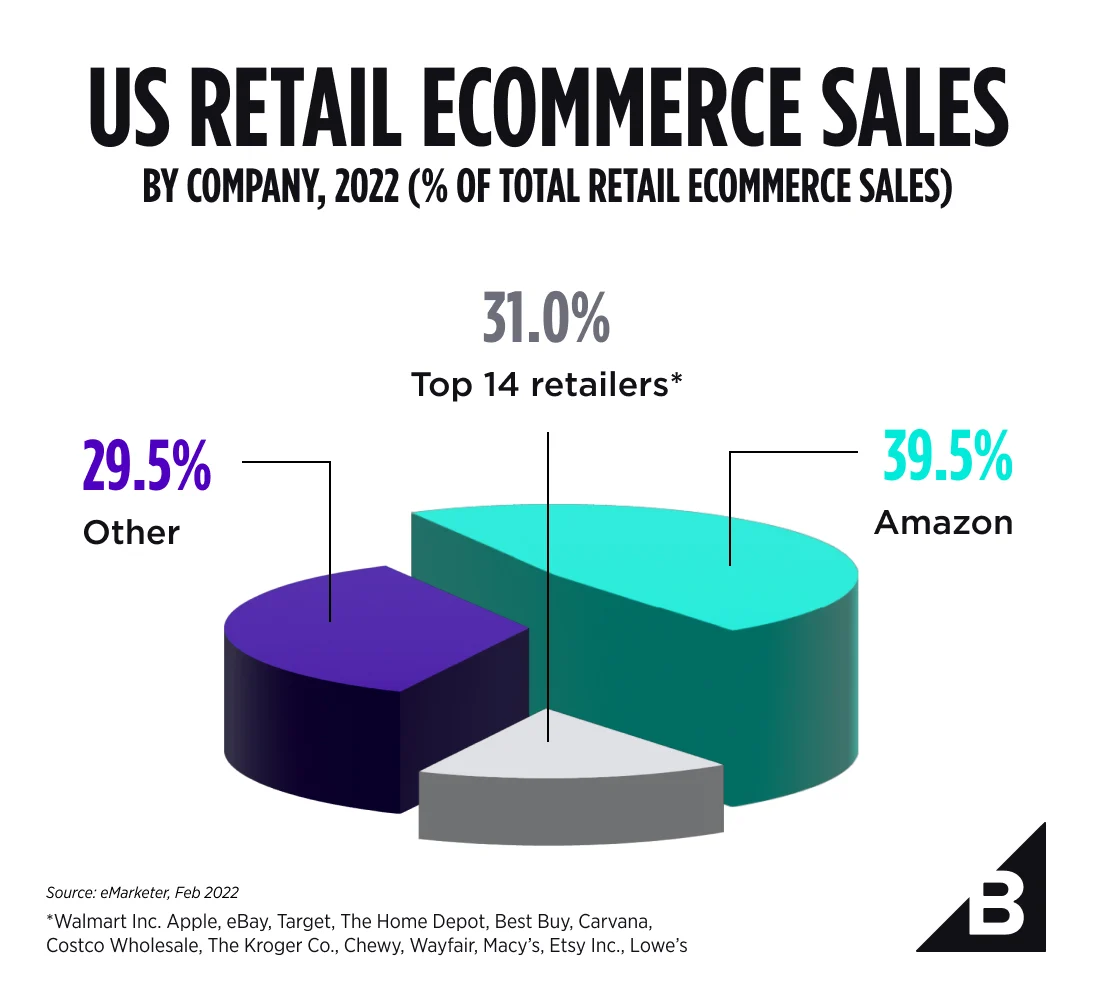Starting an online store is exciting. But, it can also be hard. You need the right tools to succeed. In this article, we will guide you on building your e-commerce tool kit. We will cover tools for sales, customer service, and more.
Tools for Sales
Sales are the heart of your e-commerce business. You need tools to help you sell more. Here are some must-have tools:
1. Shopping Cart Software
A good shopping cart is vital. It allows customers to buy products easily. Popular options include:
- Shopify
- WooCommerce
- BigCommerce
These tools are user-friendly. They also offer various features to enhance your store.
2. Payment Gateways
Payment gateways process payments. They ensure transactions are secure. Common options are:
- PayPal
- Stripe
- Square
Choose one that fits your needs. Make sure it supports multiple currencies.
3. Inventory Management
Managing inventory is crucial. You need to know what you have in stock. Some helpful tools are:
- TradeGecko
- Ordoro
- Zoho Inventory
These tools help you track inventory. They also prevent stockouts and overstocking.
4. Analytics Tools
Analytics tools help you understand your customers. They show you what is working and what is not. Popular options include:
- Google Analytics
- Hotjar
- Crazy Egg
These tools provide valuable insights. Use them to improve your sales strategy.
Tools for Marketing
Marketing is key to attracting customers. You need tools to promote your store. Here are some essential tools:
1. Email Marketing
Email marketing is effective. It helps you reach your customers directly. Good options are:
- Mailchimp
- Constant Contact
- SendinBlue
These tools allow you to create and send newsletters. They also offer automation features.
2. Social Media Management
Social media is a great way to engage with customers. You need tools to manage your accounts. Some popular tools are:
- Hootsuite
- Buffer
- Sprout Social
These tools help you schedule posts. They also provide analytics and engagement features.
3. Seo Tools
SEO is important for driving traffic to your site. You need tools to optimize your content. Some useful tools are:
- Ahrefs
- SEMrush
- Moz
These tools help you find keywords. They also provide insights to improve your rankings.
Tools for Customer Service
Customer service is crucial for retaining customers. You need tools to provide excellent support. Here are some must-have tools:
1. Live Chat
Live chat allows you to help customers in real-time. It improves customer satisfaction. Popular options include:
- Zendesk Chat
- LiveChat
- Olark
These tools are easy to use. They also offer various features to enhance customer support.
2. Help Desk Software
Help desk software helps you manage customer queries. It ensures no query is missed. Some common tools are:
- Freshdesk
- Zendesk
- Help Scout
These tools organize customer queries. They also provide automation features.
3. Customer Feedback Tools
Customer feedback is important. It helps you improve your services. Some useful tools are:
- SurveyMonkey
- Typeform
- Google Forms
These tools help you create surveys. They also provide analytics to understand feedback.

Credit: www.bigcommerce.com

Credit: www.theinspiredhomeshow.com
Tools for Website Management
Managing your website is important. You need tools to keep it running smoothly. Here are some essential tools:
1. Content Management System (cms)
A CMS allows you to manage your website content. It makes updating your site easy. Popular options include:
- WordPress
- Joomla
- Drupal
These tools are user-friendly. They also offer various plugins and themes.
2. Website Security
Security is crucial for your website. You need tools to protect it from threats. Some common tools are:
- Sucuri
- Wordfence
- Cloudflare
These tools provide security features. They help protect your site from attacks.
3. Backup Tools
Backing up your website is important. It ensures you do not lose data. Some useful tools are:
- UpdraftPlus
- BackupBuddy
- BackWPup
These tools automate backups. They also offer easy restoration features.
Frequently Asked Questions
What Tools Are Essential For E-commerce?
An e-commerce toolkit needs payment gateways, inventory management, customer service, and marketing tools.
How Do Payment Gateways Benefit E-commerce?
Payment gateways enable secure online transactions. They build trust and increase sales.
Why Is Inventory Management Important?
Inventory management helps track stock levels. It prevents overselling and stockouts.
What Are Key Features Of Customer Service Tools?
Customer service tools should include live chat, email support, and helpdesk integration.
Conclusion
Building your e-commerce tool kit is crucial. You need the right tools to succeed. From sales to customer service, each tool plays a role. Choose tools that fit your needs. Start building your e-commerce tool kit today.
